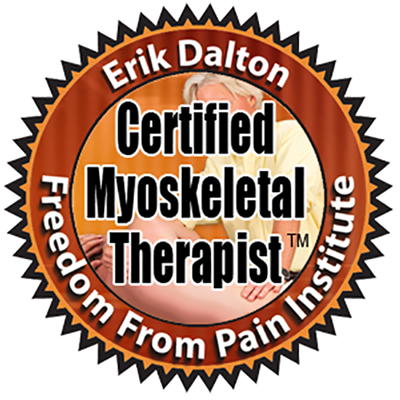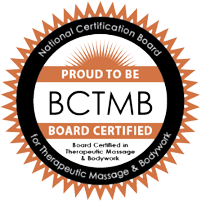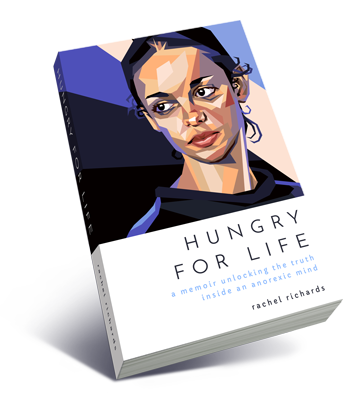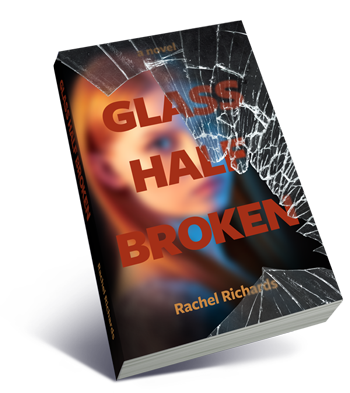News: November 2010
The scoop on how to give a squeeze
 What's the most commonly-used Swedish massage stroke? It's called Petrissage, French for "the act of kneading". To perform petrissage, you simply grasp and lift tissue away from the bone, and compress muscle to the bone repetitively and rhythmically - much like kneading dough. Petrissage has also been called kneading, lifting, grasping, squeezing and wringing. A general application of petrissage includes squeezing, lifting, and releasing the tissues, rhythmically alternating right and left hands. Wringing is one of many variations of the stroke. It's very similar to wringing out a wet towel. You grasp an arm or leg with both hands and rotate in opposite directions. Petrissage can be performed with thumbs, fingers, fists, palms, forearms, and elbows.
What's the most commonly-used Swedish massage stroke? It's called Petrissage, French for "the act of kneading". To perform petrissage, you simply grasp and lift tissue away from the bone, and compress muscle to the bone repetitively and rhythmically - much like kneading dough. Petrissage has also been called kneading, lifting, grasping, squeezing and wringing. A general application of petrissage includes squeezing, lifting, and releasing the tissues, rhythmically alternating right and left hands. Wringing is one of many variations of the stroke. It's very similar to wringing out a wet towel. You grasp an arm or leg with both hands and rotate in opposite directions. Petrissage can be performed with thumbs, fingers, fists, palms, forearms, and elbows.
If you practice this stroke on a friend or family member, you will improve their muscle tone, increase the elasticity of their muscle tissue, promote circulation of blood and lymph fluid, decrease muscle tension and encourage relaxation. Your massage recipient may also find they have faster muscle reaction times, and more coordinated movements.
So go ahead and try it out on someone you know - they probably really knead it!
Turkey time = nap time?
 Do you feel sleepy after your large turkey dinner on Thanksgiving? Many people blame the bird, explaining that turkey has plenty of tryptophan, a naturally-occurring amino acid. Tryptophan is used to make the neurotransmitter, serotonin, which has been shown in animal studies to promote slow-wave sleep. Turns out, eating turkey does not amplify the serotonin production in the brain. In order for tryptophan to get to the brain, it must be carried across the brain-blood barrier by transport proteins. But other amino acids compete for those rides just like many New Yorkers push and shove their way onto subway trains, and poor tryptophan has a pretty rough time squeezing through those closing train doors.
Do you feel sleepy after your large turkey dinner on Thanksgiving? Many people blame the bird, explaining that turkey has plenty of tryptophan, a naturally-occurring amino acid. Tryptophan is used to make the neurotransmitter, serotonin, which has been shown in animal studies to promote slow-wave sleep. Turns out, eating turkey does not amplify the serotonin production in the brain. In order for tryptophan to get to the brain, it must be carried across the brain-blood barrier by transport proteins. But other amino acids compete for those rides just like many New Yorkers push and shove their way onto subway trains, and poor tryptophan has a pretty rough time squeezing through those closing train doors.
Carbohydrates, on the other hand, do increase brain serotonin, implying that the guilty sleep-inducers are actually all those delicious pies and cookies we shove down for dessert. Then again, our drowsiness may be a result of the enormous quantities of food we tend to scarf down at Thanksgiving dinner. Biologist H. Craig Heller explains, "Studies have indicated that stretching of the small intestine induces sleepiness and a protein-fat loading of the stomach induces sleepiness, and more blood going to the gastrointestinal tract means less going elsewhere," - like to the legs for running and to the brain for, well, brain stuff. We must also remember that the alcoholic beverages with which we wash down our Thanksgiving feasts also slow down our bodies and minds.
So, stop blaming the turkey for your post-feast drowsiness. I mean, hasn't the poor thing been through enough trauma already?
Source: Coco Ballantyne, Scientific America
What's new with me ...
I've been enjoying using a new web site my husband works on, called Proust. Proust.com lets you get closer to the ones you love by sharing the stories of your lives and answering fun questions. This holiday season, connect more deeply with your close friends and family on Proust!
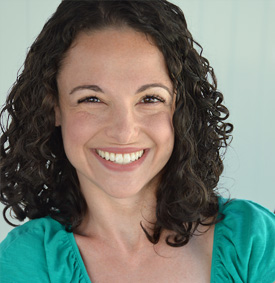
Call or text me today
917-359-8641
I'd be happy to answer
any questions you have!
Massage@Rachel-Richards.com
Subscribe to my Youtube channel!
Did you know?


